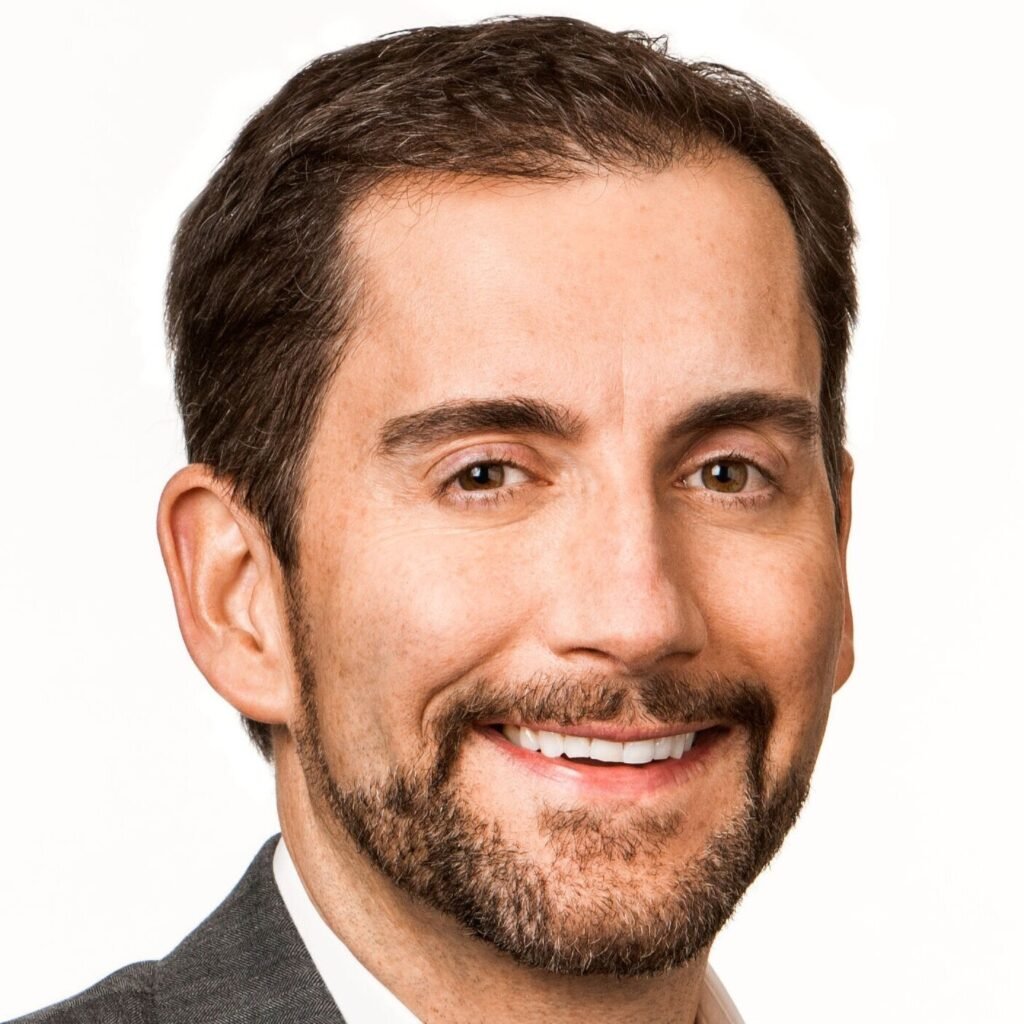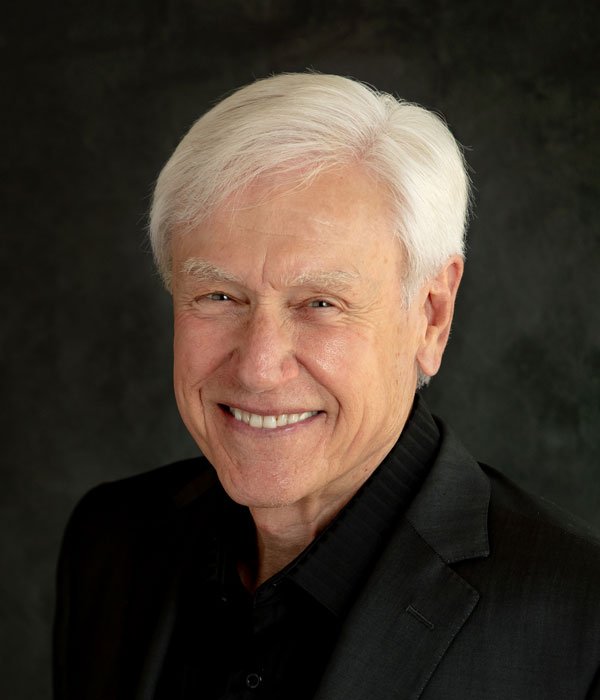I recently went one on one with Doug Murray, CEO at Valtix.
Adam: Thanks again for taking the time to share your advice. First things first, though, I am sure readers would love to learn more about you. How did you get here? What experiences, failures, setbacks or challenges have been most instrumental to your growth?
Doug: Adam, thank you for the time today. My story is not the typical Silicon Valley tale where a person who studied engineering at Stanford or Cal gets into tech. I grew up in New York and majored in History at Colgate, a liberal arts college. But I have always loved technology. The running joke with my product teams has been that I might not be an engineer, but I play one on TV. I started my career in the fast track program at AT&T where I was fortunate to have exposure to product, sales, marketing and M&A and went to graduate school at Johns Hopkins in parallel. That created a strong foundation for me and led me to Silicon Valley.
I believe that failure shapes you just as much, if not more, than success.
My first startup was on fire at the end of the dot.com era. We exceeded $45M in revenue in year two and were driving to an IPO. Like many from that time, the company fell apart after 9/11 and was eventually sold to EMC on the cheap. We went from hero to zero in the span of six months. It caused me to relook at many things and to learn from that experience.
I also believe that risk taking is important. In March 2011, I was SVP / General Manager of the security division of Juniper Networks. As you may recall, that month was when the tragic tsunami hit Japan. I was asked to take the role running Asia Pacific, Japan and Great China, which included moving to Hong Kong. Japan was doing approximately 50% of the business in the region, so this was a complex situation. Add to that, my wife had never even been to Hong Kong – so imagine the discussion at the dinner table that evening. Post tsunami our region quickly recovered and we returned to growth. That role shaped me in many ways as a leader and as an individual.
Taking that risk led to my first CEO role at Big Switch Networks, which in turn led me to become CEO of my current company, Valtix.
Adam: In your experience, what are the key steps to growing and scaling your business?
Doug: One of the things I love about being CEO is that your job is constantly changing. Building a great company is like climbing Everest. At each base camp your role changes. Early stage is about product market fit, pricing, building out the respective functions. Then you hit the growth stage base camp and the challenges change relative to scale. It’s not for the faint of heart, but a great deal of fun.
At Valtix, we are rapidly approaching that next base camp of growth stage and escape velocity. As enterprises transform their businesses to move to the public cloud (AWS, Azure, GCP), new threat vectors have emerged and have created risk for companies. We solve that.
Adam: What is your best advice on building, leading and managing teams?
Doug: I had the privilege of working with renowned CEO and investor Mark Leslie when I was at Big Switch. Early on, Mark shared a valuable lesson that has stuck with me. That the number one responsibility as the CEO is to be the steward of the culture. Yes, you are responsible for product, sales results, raising money, running the board, etc. But your top priority should always be the culture. This had a profound impact on me and the way I approach the CEO role.
Adam: What are the most important trends in technology that leaders should be aware of and understand? What should they understand about them?
Doug: Likely not the answer you may want to hear. But control what you can. Vinod Khosla was a previous investor of mine and joined us for a management off-site in the early days. He shared that success comes from three equal thirds. One third is what is in your control, your execution. One third is how the markets and competitors react. The last third is luck (and yes, luck is just as important as your execution). Focus on what is in your control.
Adam: What do you believe are the defining qualities of an effective leader?
Doug: I’d say five things: 1) Good leaders surround themselves with people that are smarter and better than they are. 2) Good leaders listen (and judge or decide as/when needed). 3) Good leaders let people try bold things and fail. 4) Good leaders build differentiated culture and 5) Good leaders are funny.
Adam: How can leaders and aspiring leaders take their leadership skills to the next level?
Doug: Invest in yourself and never stop learning. I still seek advice from thought leaders. I talk to many early-stage CEOs looking for counsel and lean from them. And I am part of a CEO peer group. Learning never ends.
Adam: What are your three best tips applicable to entrepreneurs, executives and civic leaders?
Doug:
-
Check your ego. It’s never about you. It’s about your team, it’s about the people you represent.
-
Be bold and challenge the status quo. Take risks and be ok with failing. You will learn a great deal from failure.
-
Surround yourself with good people who challenge you, not “yes” men/women.
Adam: What are your best tips on the topics of sales, marketing and branding?
Doug: Wow, this could be an interview in and of itself. First, just because someone else is doing it, doesn’t mean you should. I have been a big fan of what Snowflake has done. They say at the beginning of their company deck “we are not a SaaS company.” In a world full of SaaS process, metrics, etc this is bold and indeed the right thinking. Additionally, nothing is more important than data. Many underestimate this early on in the journey and simply rely on gut. Gut without data rarely produces the right outcome. Lastly, of course, and fairly obvious when it comes to customers and prospects, it‘s like a marriage. Delight and overcommunicate.
Adam: What is the single best piece of advice you have ever received?
Doug: As my father told me as I joined the workforce over 25 years ago, “success in business is easy: work hard, always do the right thing, and don’t be an asshole.”









